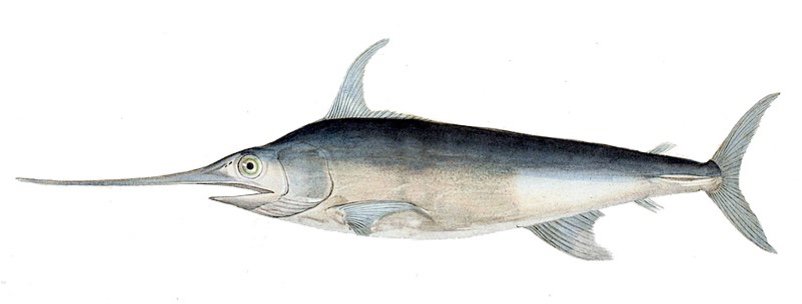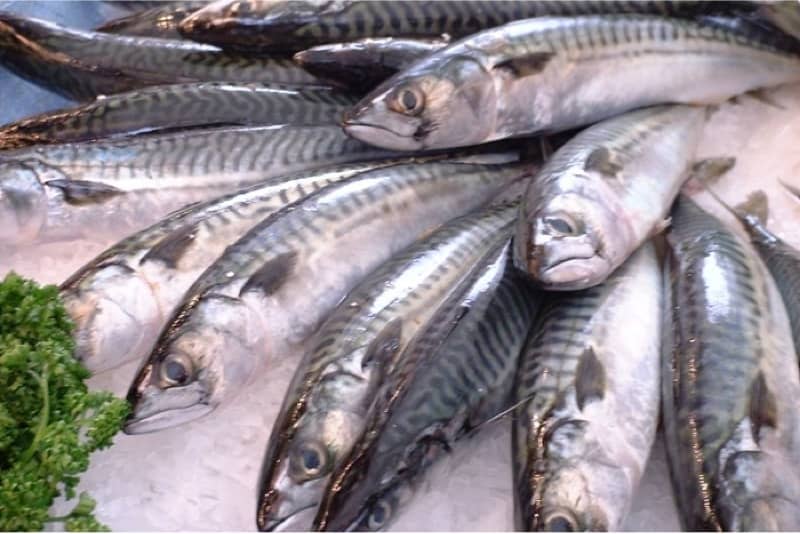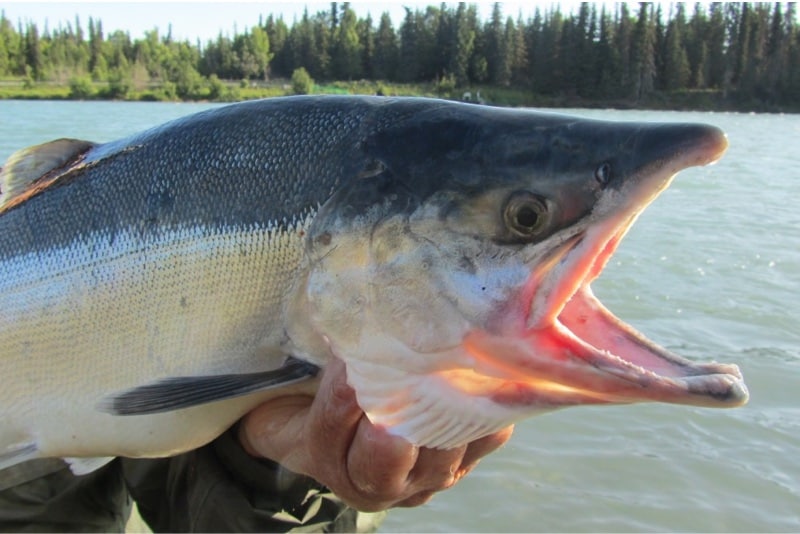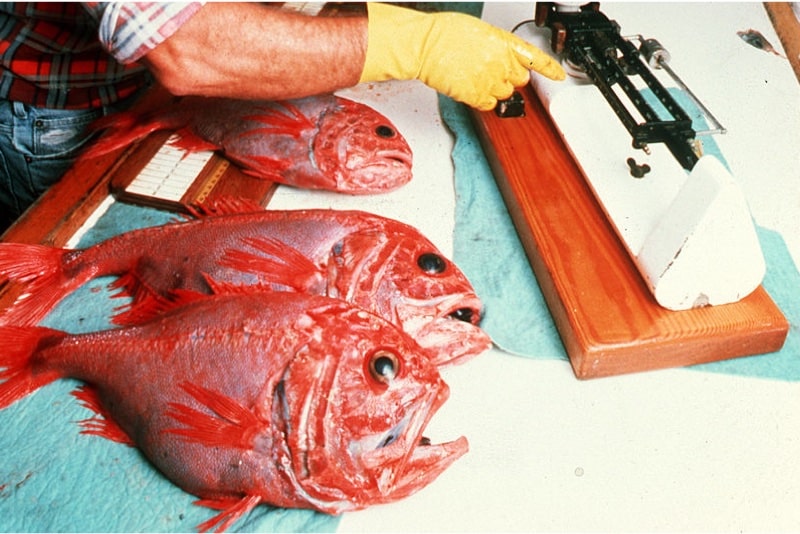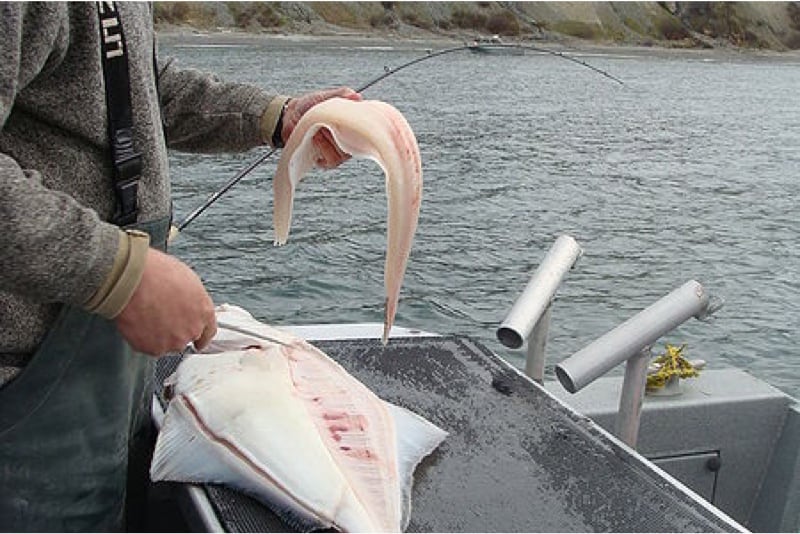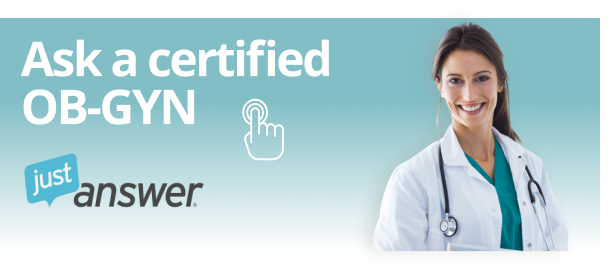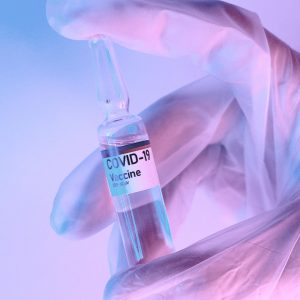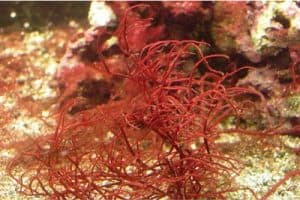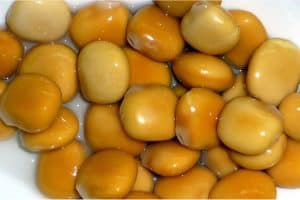Food choices during pregnancy can be quite confusing – what to eat and what to avoid. Seafood is no exception. Though considered to be a storehouse of nutrients, like vitamins, minerals, and omega-3 fatty acids, if consumed negligently, it may prove harmful during pregnancy. Keeping in mind such dilemmas around the consumption of seafoods during pregnancy, this PregnantPlate post helps you exercise caution and make the right food choices.
Predatory fishes to avoid
Seafood is a staple food for more than half the countries of the world. It is widely consumed in Japan and South Korea, and other Asian countries, like India and China. Interestingly, maximum consumption of this food type is in the small country of Maldives, where fish is the number one source of food. Other countries, where fish forms an essential part of daily diet, include Finland, Norway, Spain, and Italy. While most seafoods are considered safe during pregnancy, there are certain predatory fishes that are harmful and must absolutely be avoided during pregnancy. These include –
| Pike | White croaker |
|---|---|
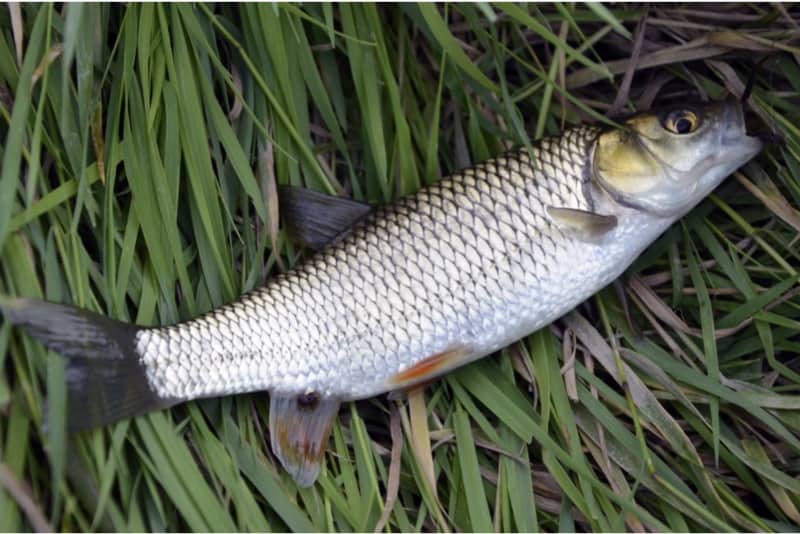 | 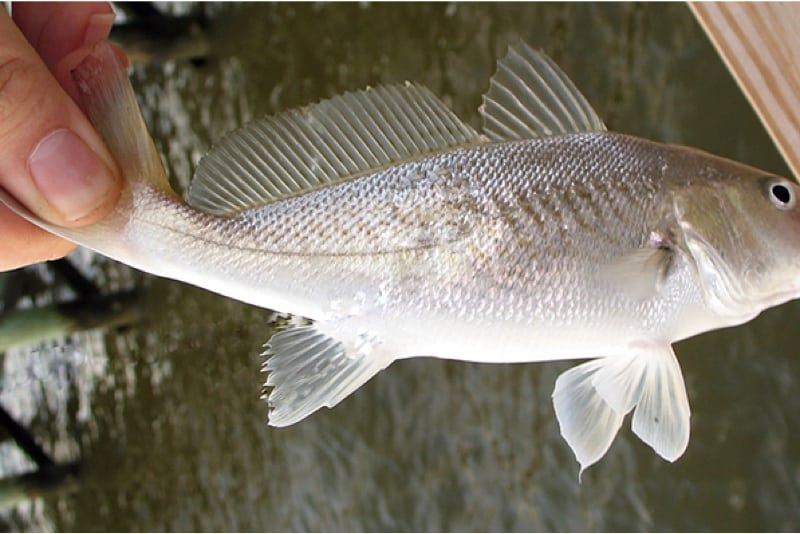 |
Why they’re harmful for the mother?
Seafoods, particularly fish, contain different amounts of mercury in their body. Predatory fishes contain the highest levels of mercury in the form of methylmercury, a toxic organic compound. It finds its way into the stomachs of fishes because of the industrial waste discharged into lakes and oceans. This neurotoxin in fishes is harmful to humans when consumed in high levels. With pregnant women, consumption of these fishes can cause mercury poisoning, affecting their lungs, kidneys, and nervous system. It can decrease fertility rates and increase the chances of breast cancer.
Why they’re harmful for the baby?
Consuming predatory fishes could damage your baby’s nervous system and affect the development of his brain. Even after the baby is delivered, mercury can pass through the mother’s breast milk to the child and expose him to neurological damage and, in rare cases, even trigger cancer. Babies exposed to high levels of mercury in the womb are found to exhibit high rates of attention deficit symptoms while growing up. Mercury exposure is also linked to birth defects, such as cerebral palsy, ataxia, and impairment of taste, smell, and hearing in a developing baby.
What are safer seafood alternatives for these fishes?
The safer alternatives to predatory fishes are seafoods that are relatively low on their mercury content. This includes foods like herring, haddock, salmon, trout, anchovies, butterfish, and atlantic and pacific mackerel to name a few. However, it’s important to mention here that the recommended seafood intake during pregnancy is around 8-12 ounces (340 grams) per week. So you can still enjoy seafood, but in moderation and with caution.
Raw uncooked seafood
Eating raw and uncooked seafood is a big no during pregnancy. Raw seafood may host harmful pathogens, parasites, and other disease causing organisms, such as bacteria and viruses. Each of these can lead to severe complications during pregnancy.
Why it’s harmful for the mother?
Consuming raw seafood can cause a condition known as listeriosis. Caused by the bacteria listeria monocytogenes, listeriosis is a severe type of food poisoning. In pregnant women it can infect the placenta and the amniotic fluid, which in turn can cause premature birth, miscarriage, stillbirth, and can also prove to be fatal for the mother. The bacteria has a drastic effect on the mother’s immune system and can cause blood infections, as well as meningitis.
Why it’s harmful for the baby?
Listeriosis in the mother can be passed on to the baby, while in the womb, and can put the baby’s life at risk. Even those babies who are likely to survive, are born premature. Many get severely ill soon after birth and become prone to infections of blood and central nervous system, such as meningitis, or suffer with a high fever. Furthermore, the baby may face difficulty in breathing and suffer from lesions on multiple organs.
What’s the ideal way to consume seafood during pregnancy?
Commercially, parasites in seafood are killed by freezing it at a temperature of -35°F and then storing at this temperature for at least 15 hours. Most home freezers, with a temperature range of 0°F to 10°F, may not be cold enough for killing parasites, especially in large fishes. The safer approach, therefore, is to cook seafood to an internal temperature of 145°F for 15 seconds and kill all the parasites.

